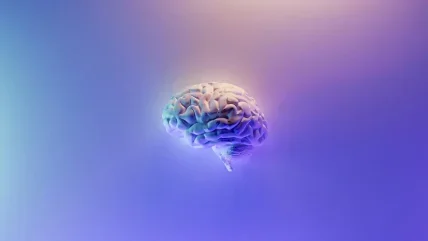
Sens.ai, an AI-based neurotechnology platform, has teamed up with the Buck Institute for Research on Aging, to advance scientific advancement in brain health and longevity.
Both partners share a common mission to counter the effects of ageing and extend human life.
Under the collaboration, Sens.ai and will develop a biological clock to measure brain age, a step closer to better understanding and treatment of age-related neurological decline.
It is based on the hypothesis that the Sens.ai neurotechnology platform can both capture relevant biomarkers to quantify brain age and enable brain training to reverse brain ageing.
Buck Institute will contribute its advanced research, facilities, and decades of expertise in the field of ageing.
Sens.ai will provide its commercial neurotechnology platform with patent-pending hardware and software for high-integrity data capture for scalable discovery and insights.
The collaboration will combine Sens.ai’s personalised light stimulation, neurofeedback, heart coherence training, and high-fidelity biosignal capture and brain function testing with Buck Institute’s research expertise and scientific resources.
The two companies would catalyse scalable learnings that will benefit the longevity field faster, ultimately helping the most people possible.
Sens.ai founder and CEO Paola Telfer said: “We’re thrilled to join forces with the world-renowned Buck Institute and its all-star team of scientists led by Dr. Eric Verdin.
“This collaboration intersects our groundbreaking neurotechnology with The Buck Institute’s research in a synergistic way that can rapidly accelerate insights and developments to help extend healthspan for people everywhere.”
Buck Institute president and CEO Eric Verdin said: “Sens.ai’s technology is a breakthrough that can help us gather the right biomarkers with high integrity to conduct the analytics and research required to progress the longevity field in the area of the brain, which is the next frontier.”






